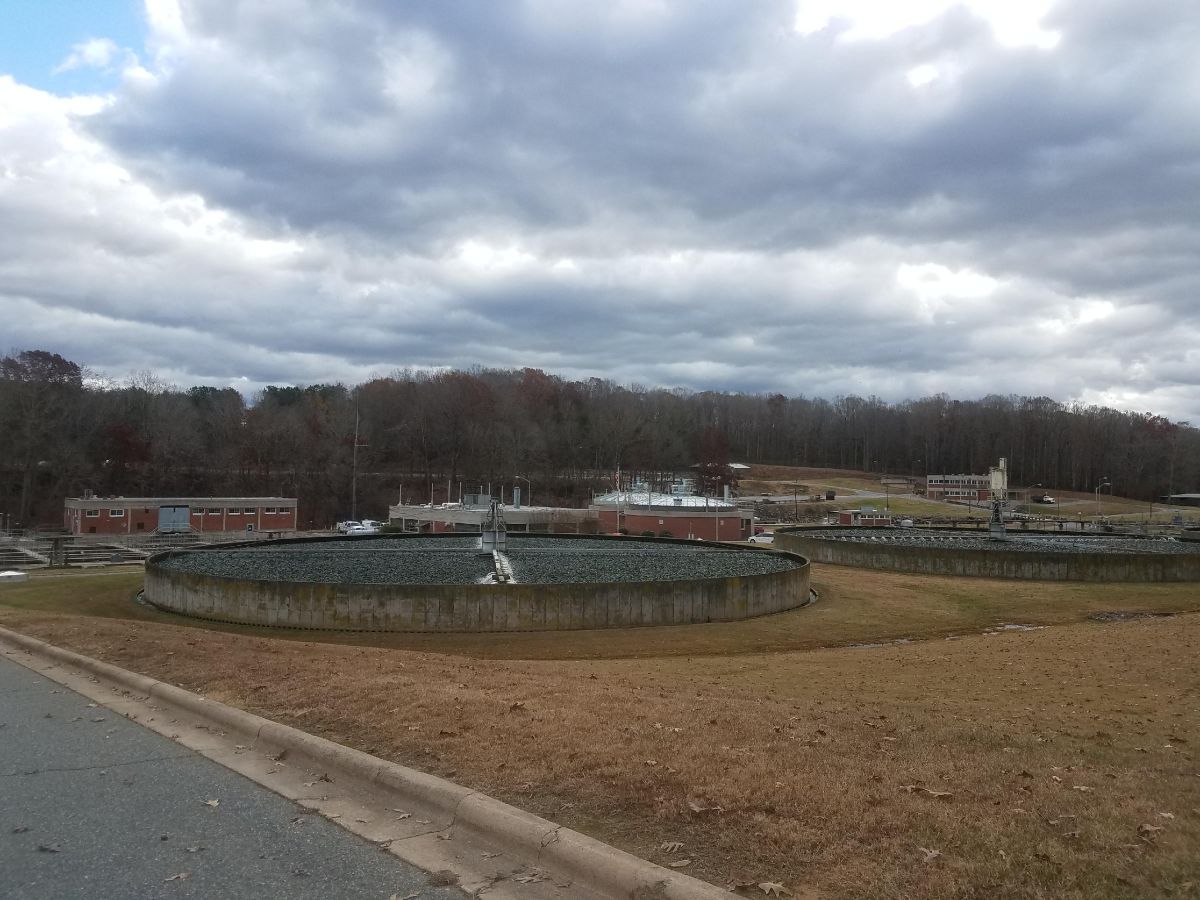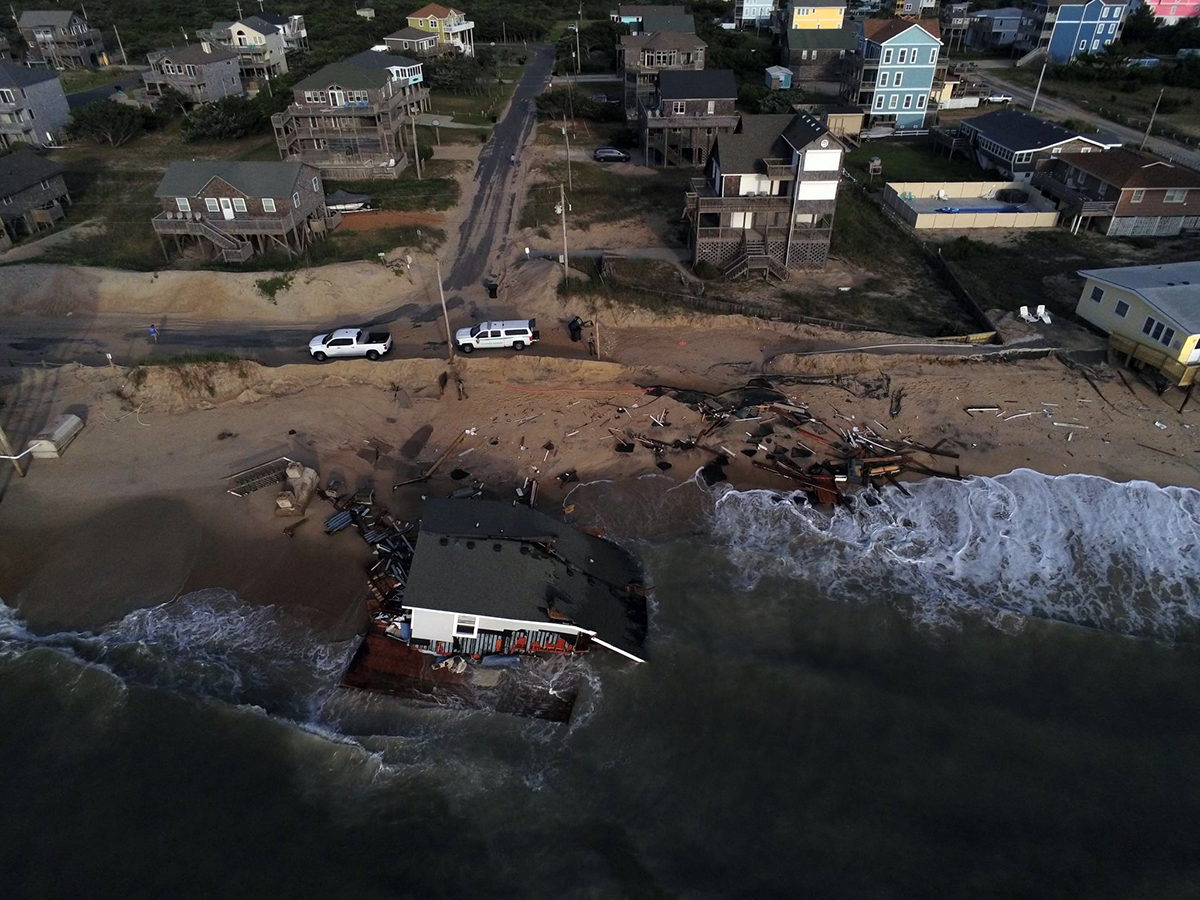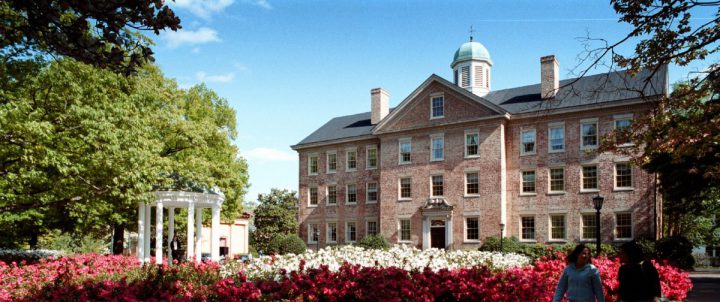
CHAPEL HILL — University of North Carolina at Chapel Hill officials have announced the appointment of a group of seven scientists and policy experts to advise a new environmental and natural resources policy center.
The advisory panel is to select projects for and provide academic oversight of the North Carolina Policy Collaboratory, according to a plan released in September by Chapel Hill Provost Jim Dean and Brad Ives, the university’s chief sustainability officer and associate vice chancellor for campus enterprises.
Supporter Spotlight
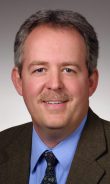
Al Segars, a professor of strategy and entrepreneurship at the UNC Kenan-Flagler Business School and faculty director of the Center for Sustainable Enterprise, has been appointed chairman of the panel, Dean said.
Also named to the panel are: Jaye Cable, professor, Department of Marine Sciences, and chair of curriculum in environment and ecology; Greg Characklis, professor, environmental sciences and engineering, and director of the Center for Watershed Science and Management in the UNC Institute for the Environment; Reggie Holley, chair of the Board of Visitors for UNC Institute for the Environment and a non-faculty lobbyist; Jeff Hughes, lecturer and director, Environmental Finance Center at the School of Government; and Rick Luettich, professor and director at the UNC Institute of Marine Sciences in Morehead City.
The appointments come as university faculty continue to scrutinize the unusual way in which the collaboratory is being structured.
Under the plan, the collaboratory, created and funded through a collection of inter-related provisions in this year’s state budget, would be under the direction of both Dean and Ives. Ives, who was named in August interim director of the collaboratory, is to be in charge of operation decisions, hiring, fundraising and project and report guidance. Dean is to oversee the advisory board, which would be in charge of project selection and staffing, research guidance, grant approvals and report review and approvals.
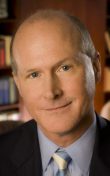
During a UNC Faculty Council meeting on Sept. 19, Dean said the advisory group’s main mission would be to maintain the integrity of the research. The UNC Faculty Council shares governance responsibilities with the board of trustees and campus administrators and advises the chancellor and administrators on academic matters at UNC-Chapel Hill.
Supporter Spotlight
Whatever the research is,” Dean told the council, “if something’s done in the name of the collaboratory, then we’re going to have to make sure it meets every scientific and every empirical standard.”
Pressed by a faculty member about reported comments by state Senate leader Phil Berger, R-Rockingham, that part of the collaboratory’s mission is to balance a “liberal bias” in science, Dean replied “Science is science. We have not gotten any guidance along any direction like that from them nor would we accept that guidance. It’s important for us to maintain the academic integrity of this institution and that’s what we’re going to do.”
Because the creation of the collaboratory by the legislature bypassed university procedure, its independence has been called into question.
News organizations, including Coastal Review Online, have filed public records requests with the university seeking information on exchanges between legislators and university administrators. University officials acknowledged CRO’s request but no records have been released.
During the faculty council meeting, Chancellor Carol Folt defended the university’s decision to participate in the effort.

“I was asked if we would be willing to take responsibility for trying to build that policy center and I said ‘yes’ because I felt that as a public university when the legislature asks us to do something it is our obligation, but in our best interests to do it and do it right,” Folt said.
She also defended the decision to structure the collaboratory under the business wing of the administration. “We did not think of it as an academic issue, but something we wanted to build out as a center,” she said.
Advisory Board Additions
During an interview last week, Dean said the university is considering adding to the list of advisory board members. He said an initial meeting had not yet been scheduled, but the board had started getting organized.
Luettich, who is based at UNC’s Morehead City facility, said he understands the concerns about how the collaboratory was set up and was among those surprised by the legislature’s move. But after being approached by Dean to participate, he decided to try to help it work.
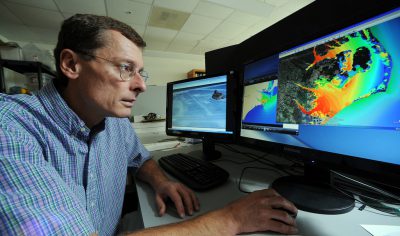
“I kind of relished the challenge to make good on what this promises to be,” he said. “The university community has so much it can offer in helping make wise decisions.”
Given the collaboratory’s established focus on natural resources, the institute, which has a tradition of applied science, can play an important role, he said.
“This ought to be right in our breadbasket,” he said.
An example of that has already started, Luettich said, with the institute’s Pete Peterson working on an aquaculture study that’s one of two studies mandated by the legislature.
“When I saw the legislation on that I immediately went to Pete Peterson,” he said. “He has a lot of offer in this area.”
The study, which was not accompanied by any direct state funding, dovetails with other sections of the state budget that bolster efforts to develop oyster sanctuaries and reform state shellfish leasing programs.
The aquaculture study provision directs Ives, as the university’s chief sustainability officer, to convene a stakeholder group to study the relevant economics and environmental science to grow the state’s oyster and other shellfish capacity and “to study and advance efforts to ecologically restore and achieve economic stability of the shellfish aquaculture industry.”
A report to the legislature is due Dec. 31, 2018.
The other major project for the collaboratory is an extensive, multi-year look at water-quality protections for Jordan and Falls lakes.
The language of the provision, a compromise between House and Senate negotiators, is part of a global review of state nutrient-management practices that includes university researchers, the state Department of Environmental Quality and the Environmental Review Commission.
The provision outlining the university’s role requires ongoing study and analysis of nutrient-management strategies and compilation of water-quality studies from a variety of sources. The goal is a report along with recommendations for any statutory changes for Jordan Lake to the legislature’s Environmental Review Commission, the Department of Environmental Quality and the Environmental Management Commission by Dec. 31, 2018. A similar report with recommendations for Falls Lake is due Dec. 31, 2021.
To cover the costs associated with the work, the legislature designated $500,000 per year to fund the study in addition to the collaboratory’s $1 million annual recurring funding.
Hiring, Funding in Progress
Ives said that while there is no progress yet on identifying funds for a dollar-for-dollar match of up to $3.5 million in state grants, the university is exploring whether it can use an existing source of outside research funding.

“We are looking into if a portion of the matching funds may be able to come from non-state funds generated by faculty research activity,” Ives said in an email.
The legislature gave the university until June 30, 2017, to meet the matching requirement.
Ives noted some progress had been made on the structure of the center. He said one of two initial positions at the collaboratory, a community outreach liaison, would likely be shared between the collaboratory and Chapel Hill’s Institute for the Environment.
A job description and human resources listing for a research coordinator position had yet to be finalized, he said.
Legislative Overreach
Partly in response to the collaboratory controversy but also out of concern regarding several other initiatives passed during the legislative session, the Chapel Hill faculty signed on to a resolution the UNC system’s Faculty Assembly approved Sept. 2 that opposes the legislature’s creation of the collaboratory. The Faculty Assembly is a faculty advisory body on issues relevant to the entire UNC system.
The Faculty Assembly’s resolution cites legislative overreach in setting up the collaboratory. The creation was “in apparent multiple violations” of state law governing the UNC system and outside established procedures for setting up centers and institutes under the UNC Code.
During an interview following last month’s board of governors meeting, UNC System President Margaret Spellings and Board of Governors Chair Louis Bissette both said they understand the faculty concerns and are working to make sure there are fewer “surprises” like the collaboratory in the legislative process.
“There were a number of things, that (the collaboratory) among them, that were very late in the process,” Spellings said.
Bissette said UNC is trying to establish better communications with legislators so that “in the future we will have a much better chance to talk with them and discuss these issues with them before we just get it delivered to us,” he said. “That’s a difficult thing for the university.”
Spellings said she believes the Chapel Hill campus can address the concerns about the collaboratory and academic independence. “I have every confidence that they will be very deliberate about that and respectful of the traditions of academic freedom and all the various process they have.”



